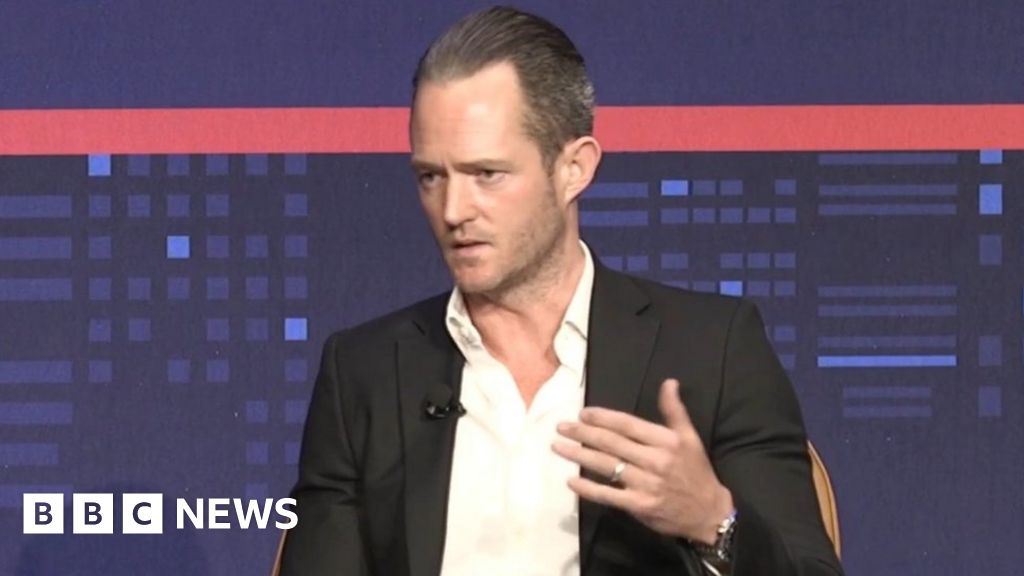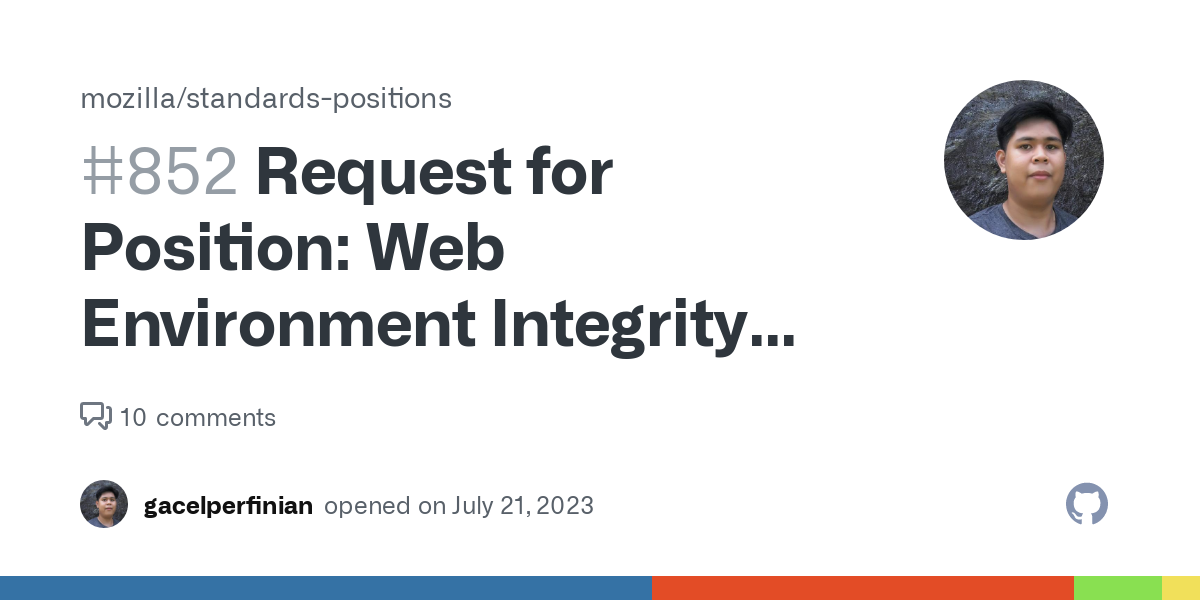- 11 Posts
- 15 Comments
This is awesome. Thank you 🙏

 8·9 months ago
8·9 months agoFor local gallery. Simple gallery is better.
But for searching your photos, Google photos is still pretty great.

 30·9 months ago
30·9 months agoMaps and Photos are ok IMO. Slowly getting shittier though.
I purposefully split my passwords and OTP. Don’t want them to be in one app/place. Kinda defeats the purpose otherwise IMO.
I moved from andOTP to Aegis. Can say that’s it’s been solid so far 👍

 4·10 months ago
4·10 months agoHow does it compare to chocolatey? Thanks.
Domain registrations are not free. It’s an annual fee, I don’t think any company will give those out for free. I can recommend using https://www.namecheap.com/ for domain registrations.
The words “unlimited”, “as much as you want”, etc have lost all of their meanings lol

 1·11 months ago
1·11 months agoIt’s already supported 👍 Sponsorblock too.

 1·11 months ago
1·11 months agoI don’t follow.
The first line of the comment is: “Mozilla opposes this proposal because it contradicts our principles and vision for the Web.”
And the proposal is called: “Web Environment Integrity API”
And post them to tiktok and Instagram?
Samsung galaxy s5 👍
This is a recent article on how Google might’ve helped killed XMPP. Same argument could apply to this meta<>fediverse situation.
https://ploum.net/2023-06-23-how-to-kill-decentralised-networks.html
Of course, reality was a bit less shiny. First of all, despites collaborating to develop the XMPP standard, Google was doing its own closed implementation that nobody could review. It turns out they were not always respecting the protocol they were developing. They were not implementing everything. This forced XMPP development to be slowed down, to adapt. Nice new features were not implemented or not used in XMPP clients because they were not compatible with Google Talk (avatars took an awful long time to come to XMPP). Federation was sometimes broken: for hours or days, there would not be communications possible between Google and regular XMPP servers. The XMPP community became watchers and debuggers of Google’s servers, posting irregularities and downtime (I did it several times, which is probably what prompted the job offer).
And because there were far more Google talk users than “true XMPP” users, there was little room for “not caring about Google talk users”. Newcomers discovering XMPP and not being Google talk users themselves had very frustrating experience because most of their contact were Google Talk users. They thought they could communicate easily with them but it was basically a degraded version of what they had while using Google talk itself. A typical XMPP roster was mainly composed of Google Talk users with a few geeks.
In 2013, Google realised that most XMPP interactions were between Google Talk users anyway. They didn’t care about respecting a protocol they were not 100% in control. So they pulled the plug and announced they would not be federated anymore. And started a long quest to create a messenger, starting with Hangout (which was followed by Allo, Duo. I lost count after that).
As expected, no Google user bated an eye. In fact, none of them realised. At worst, some of their contacts became offline. That was all. But for the XMPP federation, it was like the majority of users suddenly disappeared. Even XMPP die hard fanatics, like your servitor, had to create Google accounts to keep contact with friends. Remember: for them, we were simply offline. It was our fault.
While XMPP still exist and is a very active community, it never recovered from this blow. Too high expectation with Google adoption led to a huge disappointment and a silent fall into oblivion. XMPP became niche. So niche that when group chats became all the rage (Slack, Discord), the free software community reinvented it (Matrix) to compete while group chats were already possible with XMPP. (Disclaimer: I’ve never studied the Matrix protocol so I have no idea how it technically compares with XMPP. I simply believe that it solves the same problem and compete in the same space as XMPP).
Would XMPP be different today if Google never joined it or was never considered as part of it? Nobody could say. But I’m convinced that it would have grown slower and, maybe, healthier. That it would be bigger and more important than it is today. That it would be the default decentralised communication platform. One thing is sure: if Google had not joined, XMPP would not be worse than it is today.
















Better watch youtube from a piped instance.